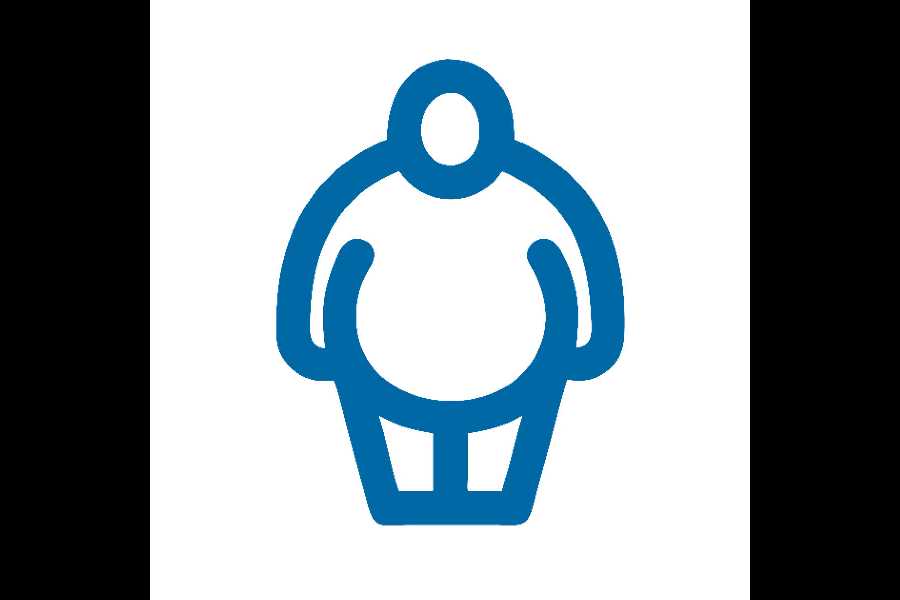Patients who stop taking weight loss drugs may begin regaining weight as early as two months after quitting the medications, according to a research review published on Tuesday that reinforces the challenges of maintaining long-term weight loss.
The review that pooled the results of 11 studies has found that people started regaining weight two months after stopping the anti-obesity medications and, by five months, had gained 2.5kg more than those who had not taken the drugs.
The weight gain plateaued 26 weeks after stopping treatment, suggesting that the most significant rebound occurs within the first six months, Linong Ji, professor of endocrinology at Peking University People’s Hospital in China, and colleagues reported. Their review was published on Tuesday in the journal BMC Medicine (BioMed Central).
“These results flag a key message: people should enter anti-obesity medication treatment plans with eyes open, not view such treatment as a quickfix,” said Ambrish Mithal, head of endocrinology at the Max Healthcare hospital in New Delhi, who was not associated with the review.
The findings come amid growing interest in weight-loss medications, some of which block fat absorption in the gut, while others work by reducing hunger, slowing digestion, or increasing the feeling of fullness.
Mithal said some patients had “unrealistic expectations” of what the drugs can achieve and often assume — mistakenly — that taking them for three to six months can eliminate their obesity.
“Education is essential to temper such expectations — we need to tell patients that they should be prepared for some years of treatment,” he said. “But preliminary evidence also suggests that patients who rigorously follow diet restrictions and strength training do better when we try and taper the drugs to a minimum.”
Treatment with GLP-1 receptor agonists, a class of drugs that includes semaglutide and tirzepatide, can cost between ₹13,000 and ₹25,000 a month in India. Doctors say cost often influences how long patients choose to stay on the medications.
The researchers analysed six studies involving GLP-1 drugs and five involving other medications, covering 1,574 people who received treatment and 893 who did not and served as controls.
Weight regain varied by drug type and lifestyle factors, but some weight loss from baseline remained even a year after stopping treatment.
“These results aren’t surprising,” Mithal said. An earlier study involving semaglutide found that patients regained an average of 65 per cent of the weight they had lost one year after stopping. A person who lost 10kg, for example, regained 6.5kg.
Their findings add to growing evidence that long-term weight control remains difficult — even without drug therapy. A 2022 study that tracked patients for 10 years found that only one in four who lost weight on a low-calorie diet kept it off. Weight regain, the researchers noted, is common across all strategies.










